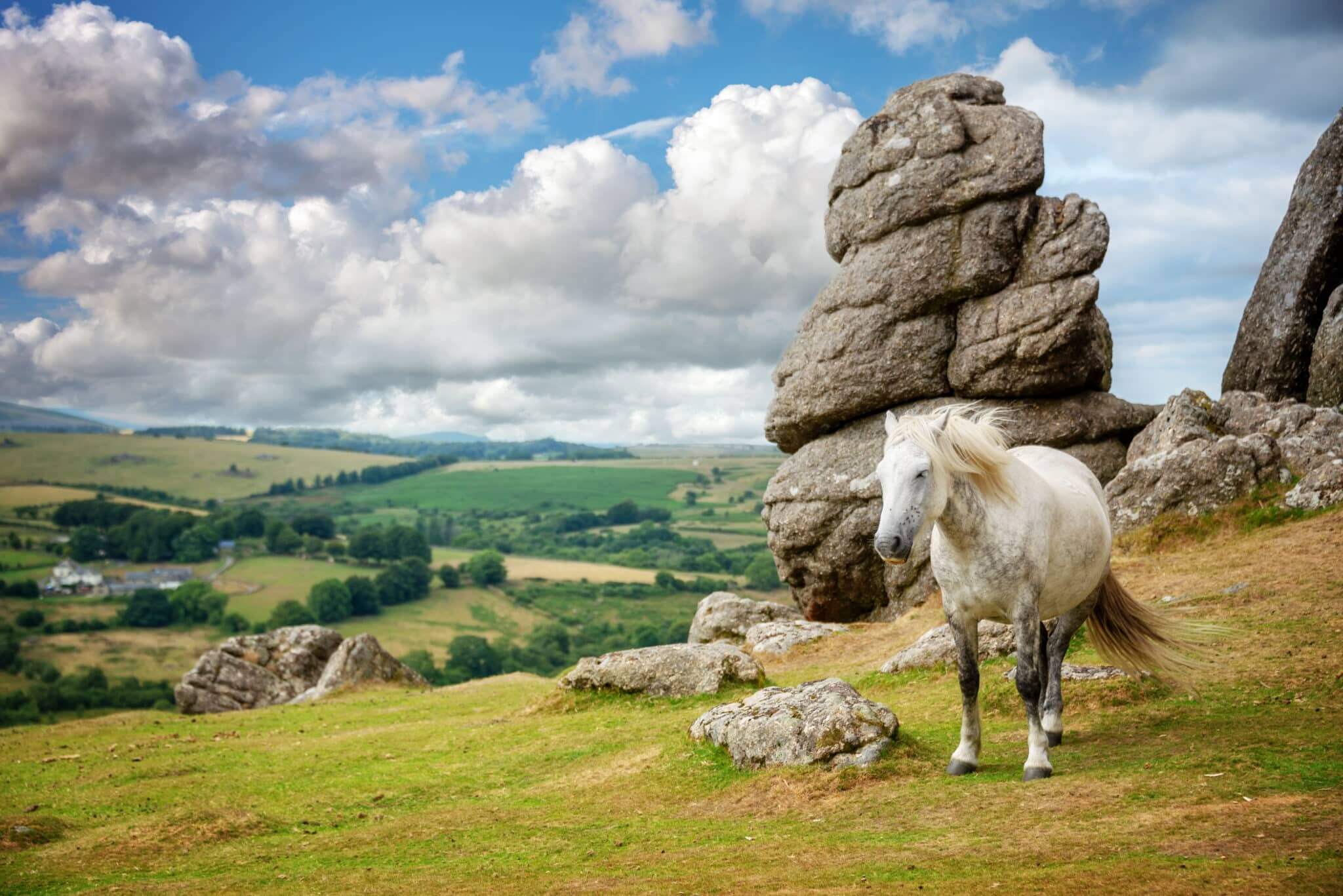Once again, we can all sleep under the stars on Dartmoor; not just by permission from a landowner, but as a right. In January, the hedge fund manager Alexander Darwall and his eloquent lawyers argued – remarkably, but successfully – that camping was not an “open-air recreation” as permitted under the Dartmoor Commons Act (1985). The right to wild camp on the moors was lost. Darwall’s claim to be protecting his 4,000-acre estate from littering, rather than enlarging his already overbearing property rights, only served to further enrage locals – who organised a peaceful, soul-lifting protest, with around 3,000 people marching through Darwall’s estate and onto the moor together.
To their huge credit, Dartmoor National Park Authority also wanted to defend the right to wild camp. However, they couldn’t afford the risk of having to foot Darwall’s legal bills if they lost a court appeal. Huge thanks to the many of you who responded to their crowd funder, which we shared in February; it raised £113k to cover the potential costs, and last week, their appeal was successful. The law is too often the preserve of the super-rich; it is uplifting that so many came together to challenge the greed of a man hell-bent on enforcing his privilege, blind to the joys and societal benefits of sharing.
As one with much less land and wealth than Darwall, but still far more than my share, I fear the impacts of the mindlessly entitled elite on the fragile social contract which tolerates privilege, but also makes our country governable. In an era of increasing inequality, they would do well to remember the fates of the Russian and French aristocracy.
With a month of rain-laden depressions sweeping in off the Atlantic, few will have been camping in Darwall’s estate this week. The delicious irony is that until he raised the issue, very few knew they had the right anyway. I suspect he will have many more nighttime visitors as soon as the weather settles.
Thanks to that wet weather, our crops have recovered well from the drought; the lettuces and cabbages in our veg boxes box are plumper and more succulent. Our main issue now is controlling the flush of weeds that germinated with the first rain. Hoeing breaks the weeds’ contact with the soil, but without a hot sun to desiccate them, many just re-root in a different place. Next week’s newsletter will definitely focus on veg.










This issue has come up recently in Scotland too; traditional wild camping rights are under review. What is the underlying motive of the landowner or government authority that wants to restrict those rights? The litter people leave behind can be substantial. And with (generally) drier summers on the way, there is a genuine risk of wildfires, 70% of which are started by people (not always accidentally, either). For wild camping to leave fewer traces, could there be volunteer teams to monitor and clean up the more ecologically fragile areas? A ban on camping during droughts?
I agree with Ani’s viewpoint: Freedom brings responsibilities. Maybe people can be encouraged to clean up their own litter as well as involving volunteer care-takers.
Thank you, to each one of those 3000 individuals, and to the Dartmoor National Park Authority. Stopping the potential landslide (literally, land sliding silently away) at the very top. Let this be an example for other public spaces and the citizens who could stand up and protect them – please do!
On the aristocracy, pitch forks against pikes is one thing, against riot control backed by cluster munitions is something different.
A triumph yes, but not the answer.
The answer lies somewhere in between no camping and unregulated wild camping.
The National Park Authority should now have the authority to designate areas for camping to balance out the needs of the natural environment and recreation regardless of who owns the land.